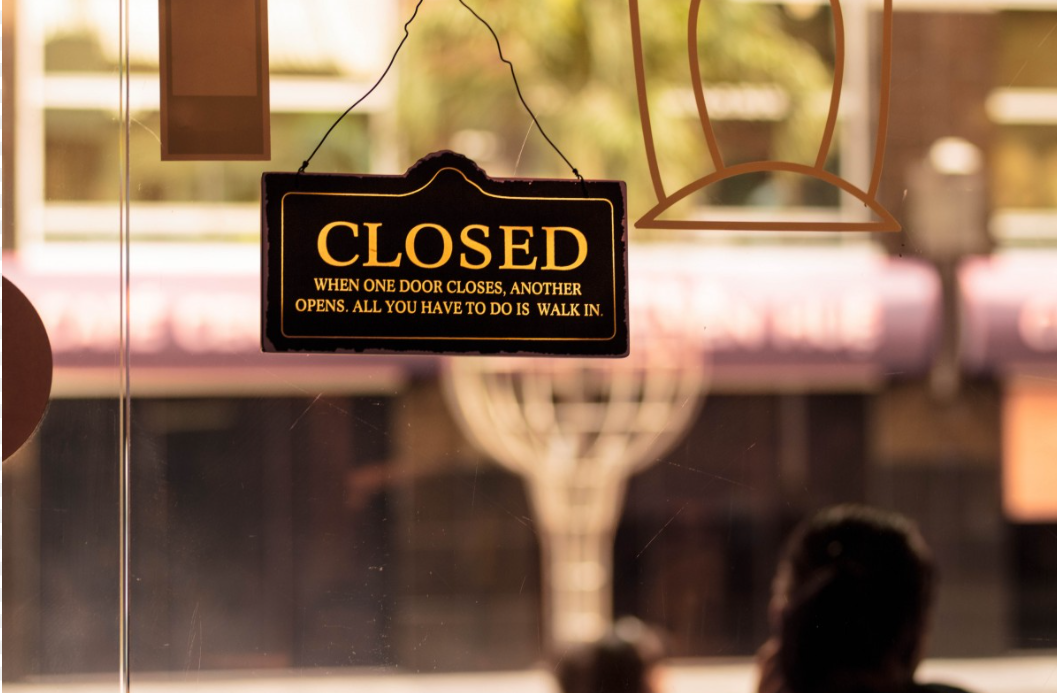The federal judge assigned the case seemed somewhat respective to the restaurant coalition’s economic arguments.
Michigan restaurants have taken state Gov. Gretchen Whitmer back to federal court, alleging that a ban on dine-in services is unconstitutional and ill-considered.
According to MLive.com, U.S. District Judge Paul Maloney heard oral arguments on Monday, November 30th. At the hearing’s end, Maloney promised to issue an opinion “as quickly as possible.”
The lawsuit, says MLive.com, was filed by the Michigan Restaurant and Lodging Association, along with a pair of industry groups. Collectively, they are suing the Michigan Department of Health and Human Services, claiming a three-week “pause” on indoor dining is illegal.
The so-called pause, which ends on December 8th, is part of the state’s efforts to flatten a wintertime spike in coronavirus cases.
For most of the year, Michigan’s coronavirus-mitigation strategy has been led by Democratic Gov. Gretchen Whitmer. While the state’s Republican-held Legislature refused to act on the pandemic, Gov. Whitmer cited emergency health laws to issue a series of executive orders; such orders mandated the closure of certain non-essential businesses, among other restrictions.
However, Whitmer’s powers were largely revoked—and her bans and associated penalties retroactively rescinded—by the Michigan Supreme Court.

Since then, Whitmer has delegated the power to create and enforce restrictions to the DHHS. Under the provisions of MCL 333.2253, the department’s director is allowed to “prohibit the gathering of people for any purpose” during public health crises.
Critics of Whitmer and DHHS Director Robert Gordon have said the law itself is unconstitutional.
Kelli Mulder, an attorney for the restaurant associations, said her clients recognize the severity of coronavirus but believe strict lockdowns are no longer a viable solution to the pandemic.
“We don’t argue with the fact there’s a time and place for emergency orders, such as we saw in March, April, May, even June,” Mulder said. “But we’re in a different position now. By now, states should have figured out how to better protect constitutional rights.”
Mulder further alleged that restaurants do not substantially contribute to the spread of COVID-19, while also claiming that the state should not forsake the economic interests of Michigan-based businesses.
Judge Maloney noted that there is a not-insignificant change that Michigan is likely to extend its “pause,” thereby driving some restaurants out of business.
“I don’t think it’s any secret that, as far as the restaurant and bar industry is concerned, that Thanksgiving and Christmas holidays are a big piece of their annual business,” Maloney opined. “And with an extension through New Year’s, it may not be back.”
Separately, Health and Human Services attorney Neil Giovanatti argued that the department has a responsibility to the public health—and that if restaurants and bars comply with the state’s orders, they will re-open quicker.
“We know in Michigan that indoor dining has contributed to the spread of COVID,” Giovanatti said. “The quicker we can get rid of the virus, the quicker restaurants and bars can open to full capacity without any restrictions whatsoever.”
Sources
Michigan restaurants, hospitals pitted against each other in court: Here’s what happened
Michigan restaurants urged to defy governor’s COVID-19 restrictions
Michigan’s dine-in restaurant ban is ‘unconstitutional,’ eateries argue in federal court hearing


Join the conversation!